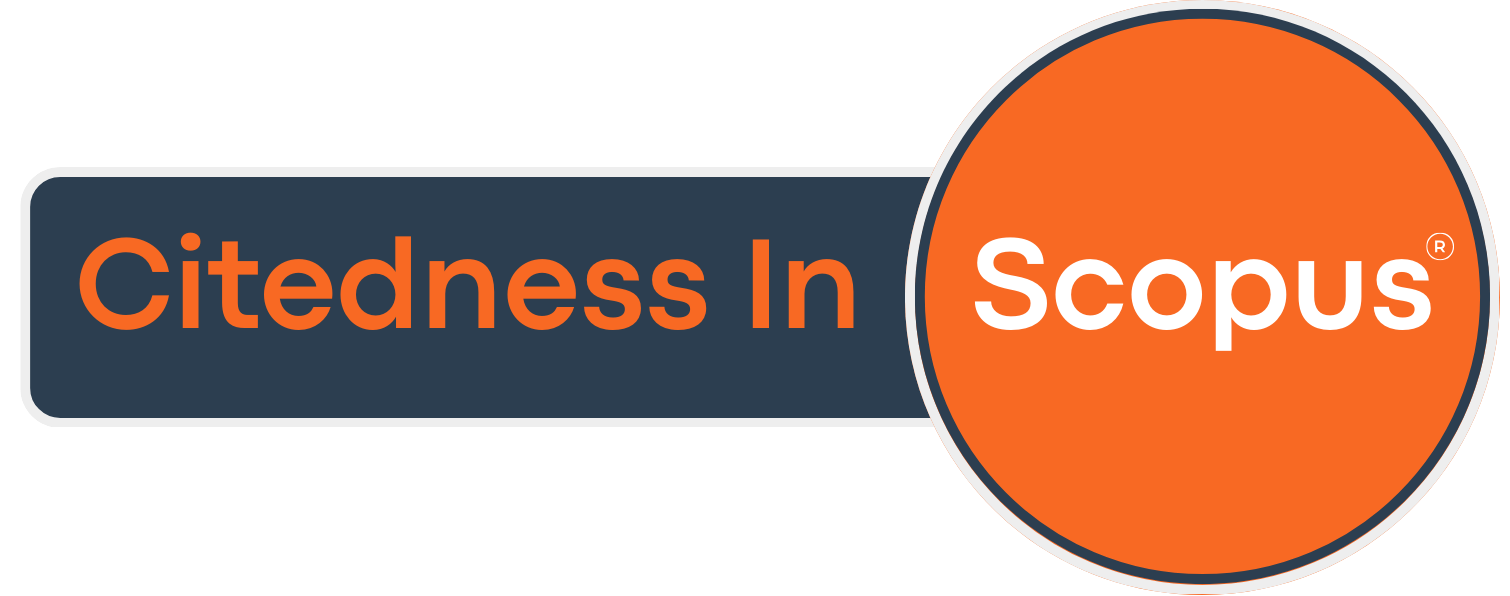THEORETICAL AND METHODOLOGICAL FOUNDATION FOR DEVELOPING STUDENTS’ LITERARY LITERACY THROUGH NEURO – PEDAGOGICAL TECHNOLOGIES
Downloads
Objective: This study aims to examine how neuropedagogical technologies contribute to the development of literary literacy, including reading, writing, and critical thinking skills. Methods: A qualitative approach was employed, utilizing methods such as literature review to analyze existing studies on neuropedagogical technologies, comparative analysis of various approaches, thematic content analysis to extract key themes on cognitive and linguistic skills, and case study insights from Uzbekistan’s educational reforms. Results: The findings show that the integration of neuropedagogical technologies like gamification, audiovisual tools, and interactive methods significantly enhances students’ comprehension and expression of literary texts. These technologies activate cognitive processes such as memory, attention, and creativity, leading to improved writing and reading abilities. Additionally, personalized approaches tailored to students’ cognitive stages promote a more effective learning environment. Novelty: This research contributes a fresh perspective by applying neuropedagogical principles to the development of literary literacy, suggesting innovative methods for enhancing both cognitive and affective student development.
H. Jenkins, Confronting the Challenges of Participatory Culture: Media Education for the 21st Century. MIT Press, 2009.
L. S. Vygotsky, Mind in Society: The Development of Higher Psychological Processes. Harvard University Press, 1978.
J. P. Gee, What Video Games Have to Teach Us About Learning and Literacy. Palgrave Macmillan, 2007.
U. Goswami, Cognitive Development: The Learning Brain. Psychology Press, 2008.
A. Musurmanova, M. T. Jumaniyozova, N. J. Isaqulova, and A. Jumaev, General Pedagogy, 2018.
O. Musurmonova and G. Baubekova, Uzbek Folk Pedagogy. Tashkent, 2000.
Copyright (c) 2024 Duschanova Nilufar Sabirbayevna

This work is licensed under a Creative Commons Attribution 4.0 International License.























